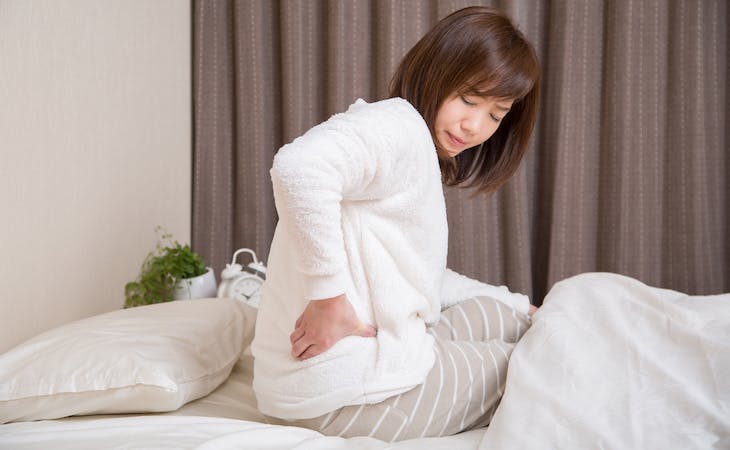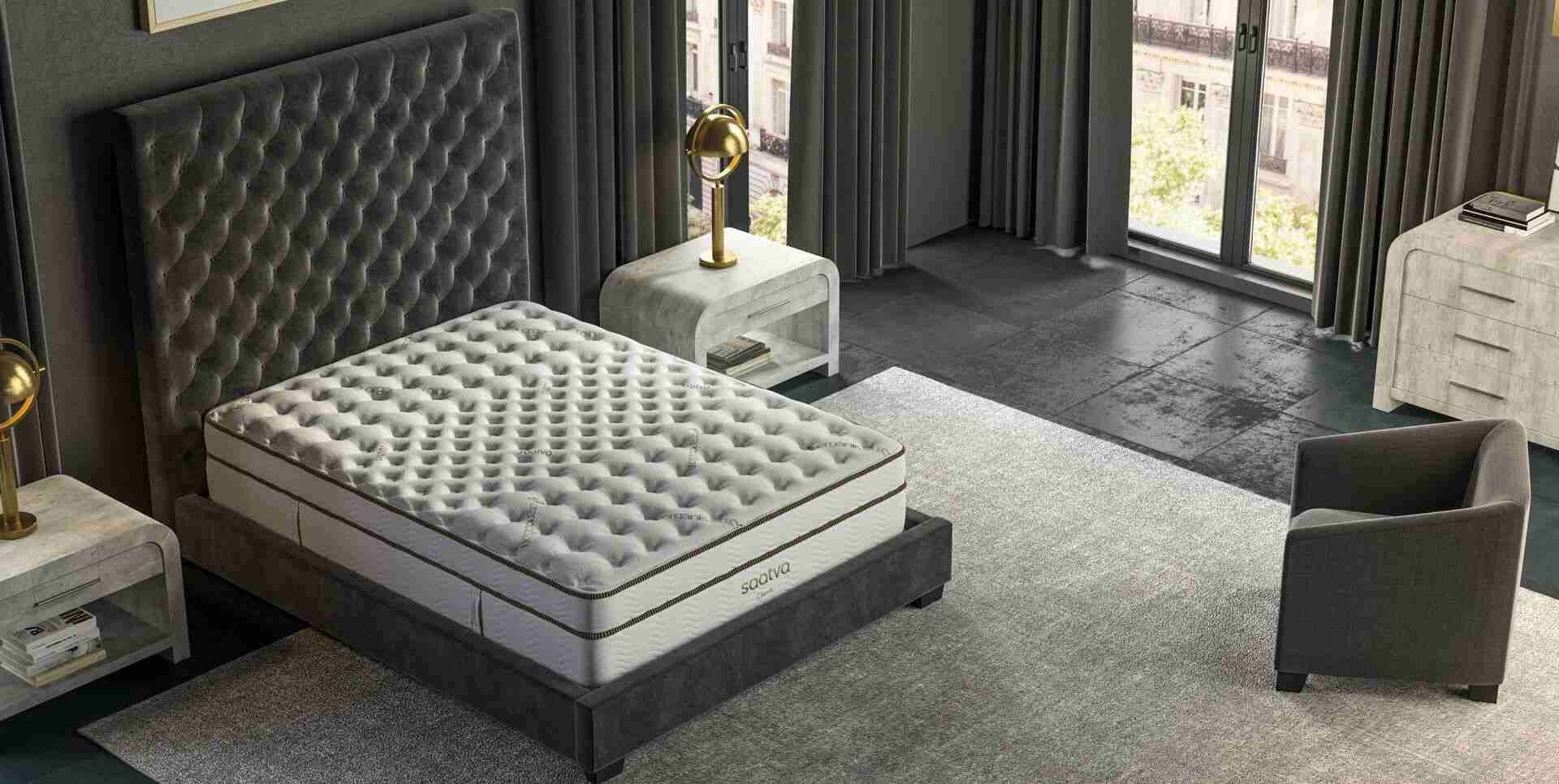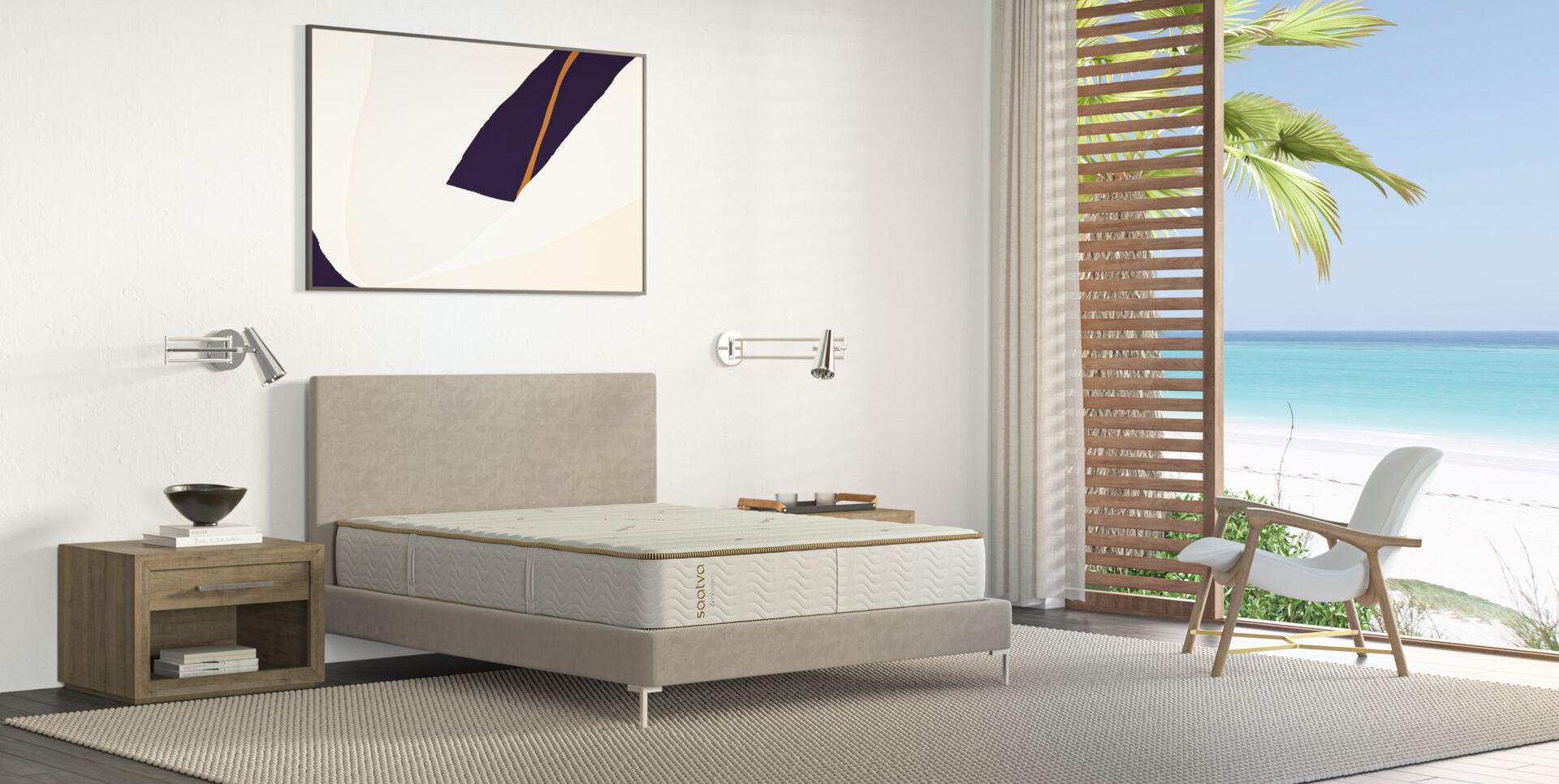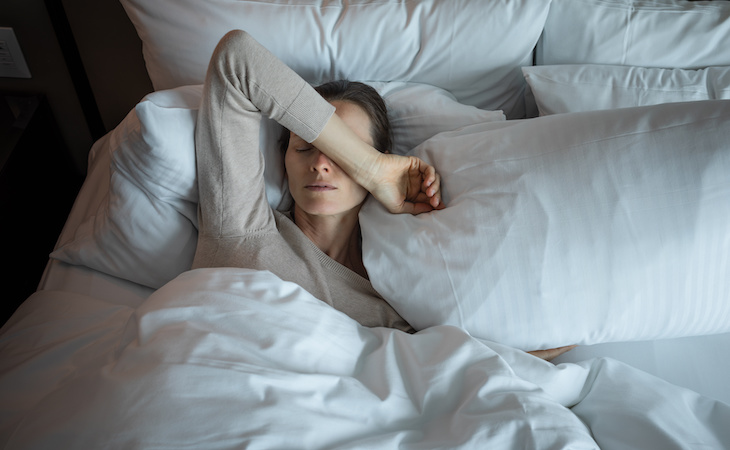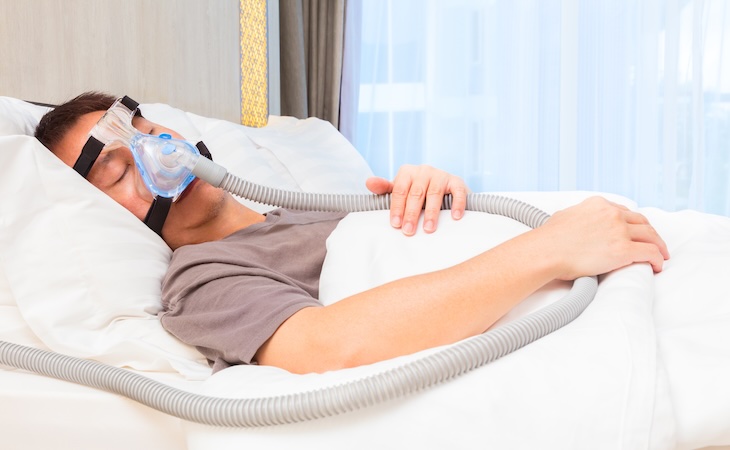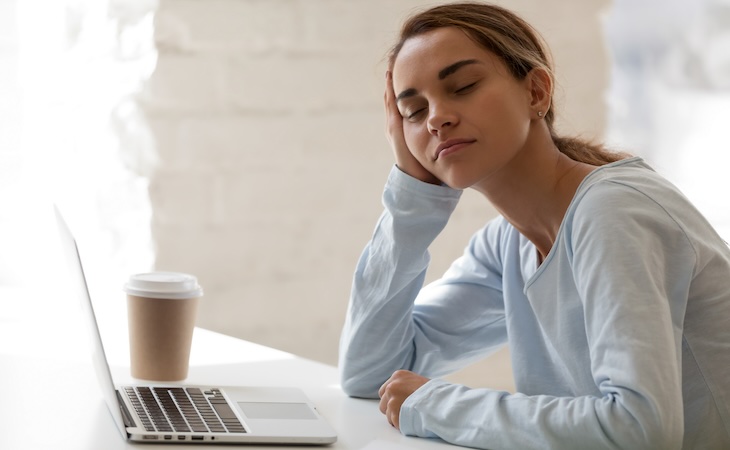Random painful things sometimes happen to your body when you’re asleep. An inexplicable crick in your neck. A “dead” arm that’s tingly and numb from being squished for too long. Usually, the discomfort fades and you move on. More chronic nighttime discomfort like hip pain, however, can have lasting negative effects.
When you’re in bed, creaky or inflamed joints can swell and get stiff from being in same position too long. That’s why the pain is typically is worse at night than during the day, says Daniel Smith, MD, an orthopedic surgeon at Mount Sinai West in New York City. Between 50% and 90% of people with frequent joint pain have sleep issues.
So what can you do to sleep better with hip pain? Try these simple strategies to soothe your achy hips and get better rest.
Consider the underlying cause
There are several underlying reasons why you might be experiencing hip pain while sleeping. Sometimes the best treatments vary accordingly, so it’s smart to figure out the source before jumping into solutions.
Arthritis: The most common type of arthritis is osteoarthritis, in which a breakdown of cartilage in joints like the hip cause stiffness, dull aches, or a feeling of grinding or burning. Trouble within the joint like this tends to cause pain on the inside of the hip or in the groin area. (Learn more about the relationship between sleep and arthritis.)
Soft-tissue issues: You’re more likely to feel achy around your buttocks, upper thigh, and outer hip if a strained or inflamed ligament, tendon, or muscle is the cause of your achy hips. Rest and ice will help if it’s a recent injury, but if it’s chronic (like from repeated bending or squatting at work or in a sport) you may need physical therapy, says the American Academy of Orthopaedic Surgeons.
Nerves: Nerve pain usually affects just one hip, and it can feel dull or very sharp—usually radiating from your low back through the hip and butt area. Regular exercise and good posture often help with this kind of hip pain, both during the day and at night.
Bursitis: You may feel sudden, shooting pain or notice swelling or redness if the jelly-filled sacs (bursae) surrounding your hip joint become inflamed. Pressure makes bursitis pain worse, so experts say it’s smart to avoid sleeping on the affected hip.
Adjust your sleep position
Back sleeping is typically best if you have sore hips, but it can be disruptive to try to change your default sleep position, admits Smith. If you’re a side sleeper, tuck a cushion or pillow between your legs. This will relieve pressure on the ligaments in the top hip, which get stretched and tugged at all night long by the weight of an unsupported leg, Smith explains. (A regular bolster or pillow could work, or you can get specialized between-the-knee cushions for around $20 at Amazon, Walmart, and other retailers.)
Related: What’s the best mattress for back pain?
Check your mattress
A cushioned mattress that conforms to the shape of your body, such as one made with memory foam or latex, will reduce pressure on your joints. That said, heavier folks want to make sure the mattress is still fairly firm, to better support areas of the body like the hips. If your hip pain or stiffness also makes it tough to get out of your bed in the morning, a thicker mattress or taller bed frame can make that part easier. Not ready for a new mattress? A mattress topper like one made of memory or latex foam could help reduce joint pressure in the meantime.
Move your body regularly
Physical activity reduces both joint pain and inflammation, says Smith. It can also help you maintain a healthy weight, which reduces strain on your knees and hips. Exercise also protects your joints and muscles by getting your body “used to” being in many different positions, he says. “Inflammation in general is one of the body’s responses to what it perceives as abnormal movements,” explains Smith. “So if you’ve trained your body to exist in a certain position by sitting for nine hours a day with your hips bent at a particular degree, being in a different position can set off that alarm.”
Regularly doing different types of physical activity like strength training and stretching can condition your joints and muscles to be comfortable in a variety of positions. Other low-impact activities like biking, walking, and aquatic exercise also helps with sore hips.
Go for a warm soak
“The heat and the moisture of a warm bath or Jacuzzi soak can help loosen the muscles around your hips, and then you can stretch and get a little bit of extra flexibility there,” says Smith. “The combination of moist heat and stretching is very useful for decreasing inflammation.”
Related: 10 nighttime activities to help you relax
Ask your doctor about pain relievers
“Joint pain involves some irritation to the body, but the other half of it is how the body responds, which is with inflammation,” says Smith. Anti-inflammatory pain relievers—over-the-counter NSAIDS like ibuprofen or naproxen—will help calm that response and help you rest.
FAQs
Why is my hip pain worse at night?
Your hip pain could be worse at night because of your sleeping position or your mattress. Sleeping on your back can relieve back pain as it keeps your spine aligned with your neck, however, it can be disruptive to try to change your default sleep position. If you’re a side sleeper, tuck a cushion or pillow between your legs to relieve pressure on the ligaments in the top hip. We recommend avoiding stomach sleeping as it’s not ideal for spinal health. As for your mattress, ensure you have a cushioned bed that conforms to the shape of your body, such as one made with memory foam or latex. This will reduce pressure on your joints.
What is the fastest way to relieve hip pain?
The fastest way to relieve hip pain is to go for a warm bath or jacuzzi soak to loosen the muscles around your hips and then stretch them out for some extra flexibility there to decrease inflammation. You can also take anti-inflammatory pain relievers, such as over-the-counter NSAIDS like ibuprofen or naproxen, to calm the inflammation and help you rest.
Read more about what you can do to limit back pain while you sleep.

